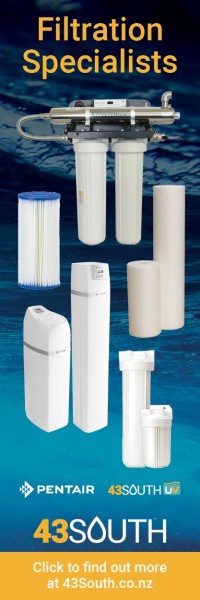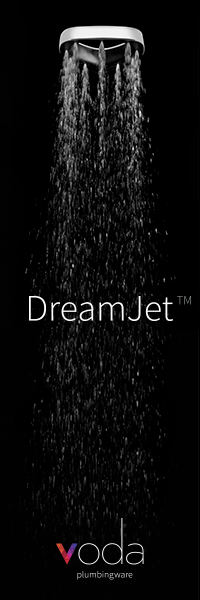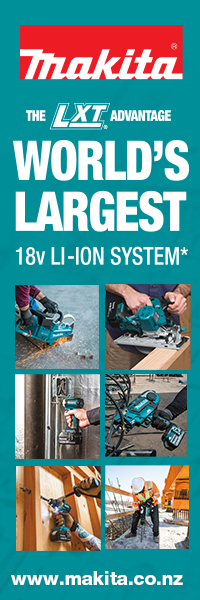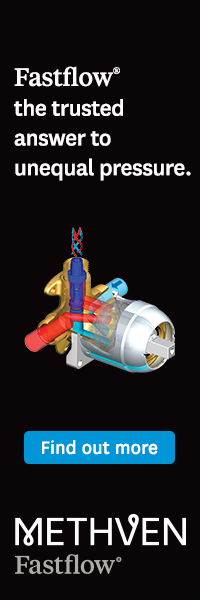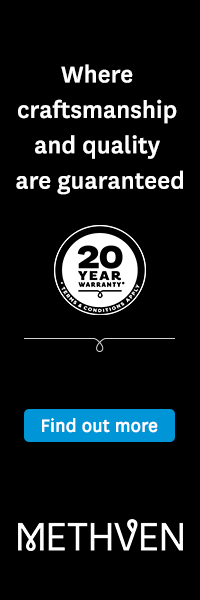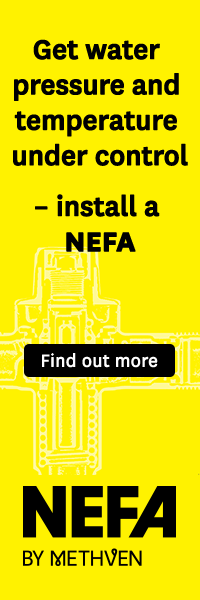Unsafe levels of lead in tapware products readily available in New Zealand
13 December 2018
Master Plumbers are calling for the Government to undertake an urgent comprehensive review of plumbing products sold in New Zealand following the “lead-crisis” in Australia and independent testing which demonstrates similar issues in New Zealand.
Master Plumbers recently commissioned independent testing on five tapware products sold in New Zealand and found the level of lead leaching from one product to be 70% higher than the allowable limit in drinking water product standard AS/NZS 4020:2005. Although this standard has recently been superseded by AS/NZS 4020:2018, the allowable lead limit remains the same.
Master Plumbers Chief Executive Greg Wallace says that, although four of the five products passed the test, one product with that amount of lead is unacceptable.
“This product was bought online. It’s been removed from that source but we believe it is still readily available to New Zealanders. We do not know how many of these taps have been sold and installed in the homes of New Zealanders, but these test results show that New Zealanders’ health is at risk. We need the Government to undertake a full testing programme to understand the extent of the issue,” he says.
“Young children are particularly vulnerable to the toxic effects of lead and can suffer profound and permanent adverse health effects. The World Health Organization deems that no level of exposure is safe.”
Master Plumbers tested a small sample of products following concerns raised by members.
“Our members are concerned about the quality of some products available in the marketplace,” says Wallace. “We are also closely watching the unfolding lead crisis in Australia. Recently, lead-leaching brass fittings were discovered at Perth Children’s Hospital, and we are concerned that the exact same fittings were sold in New Zealand.”
Master Plumbers selected five readily available products purchased in-store and online. These were tested by an independent lab, which conforms to international testing standards. The comprehensive testing was carried out on water run through the taps, and two samples of each product were tested. Master Plumbers contacted the distributor and the failed product has now been withdrawn from sale.
“Currently New Zealand adherence to standards is voluntary. Products are not being tested and as a result, there is a high risk that unsafe products are readily available to consumers both in-stores and online.
“We believe that there will be other tapware and pipe systems out there that will also fail this standard. These products may be being used in our homes, schools and hospitals. We are very concerned about the impact this could have on the long-term health of New Zealanders,” says Wallace.
“We are the representatives of the plumbing trade and it is our view that the current voluntary nature of standards for product safety are not working. We have informed the Minister of Health and the Minister of Building and Construction and would like to see the issue of compulsory standards prioritised, due to the potential health concerns for New Zealanders. We are concerned that the current sector-wide building products review being undertaken by the Ministry of Business, Innovation and Employment is not the right place for dealing with this issue.
“In Australia, following several high-profile cases of poor-quality products in public water systems, a mandatory WaterMark was introduced in 2017. This process is generally working well, and in fact, of the five products we tested, the four that held the Australian WaterMark all passed.
“We believe there should be third-party verification required on all plumbing and tapware products sold in New Zealand. We understand that around 75% of products sold in New Zealand already hold the Australian WaterMark.
“However, the New Zealand and Australian standards are not aligned with international best practice, which effectively have a zero percent lead threshold. The World Health Organization (WHO) deems that no level of exposure is safe. In the United States, for example, all five of the products we tested would have failed under global standards, which have a zero percent lead threshold. We think this aspect of the standards also needs to be reviewed.
“The health of New Zealanders is at stake. We are concerned about the current voluntary system – and as these test results show, this is too important to not get right.”



